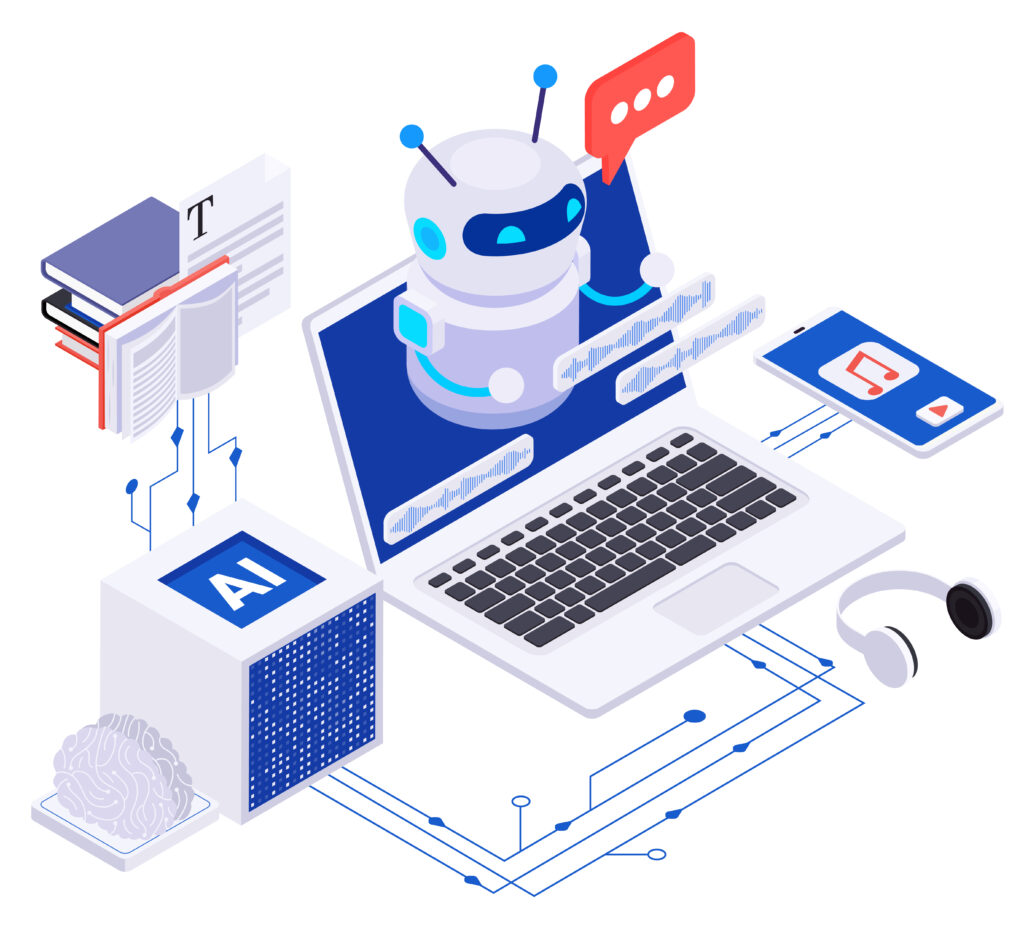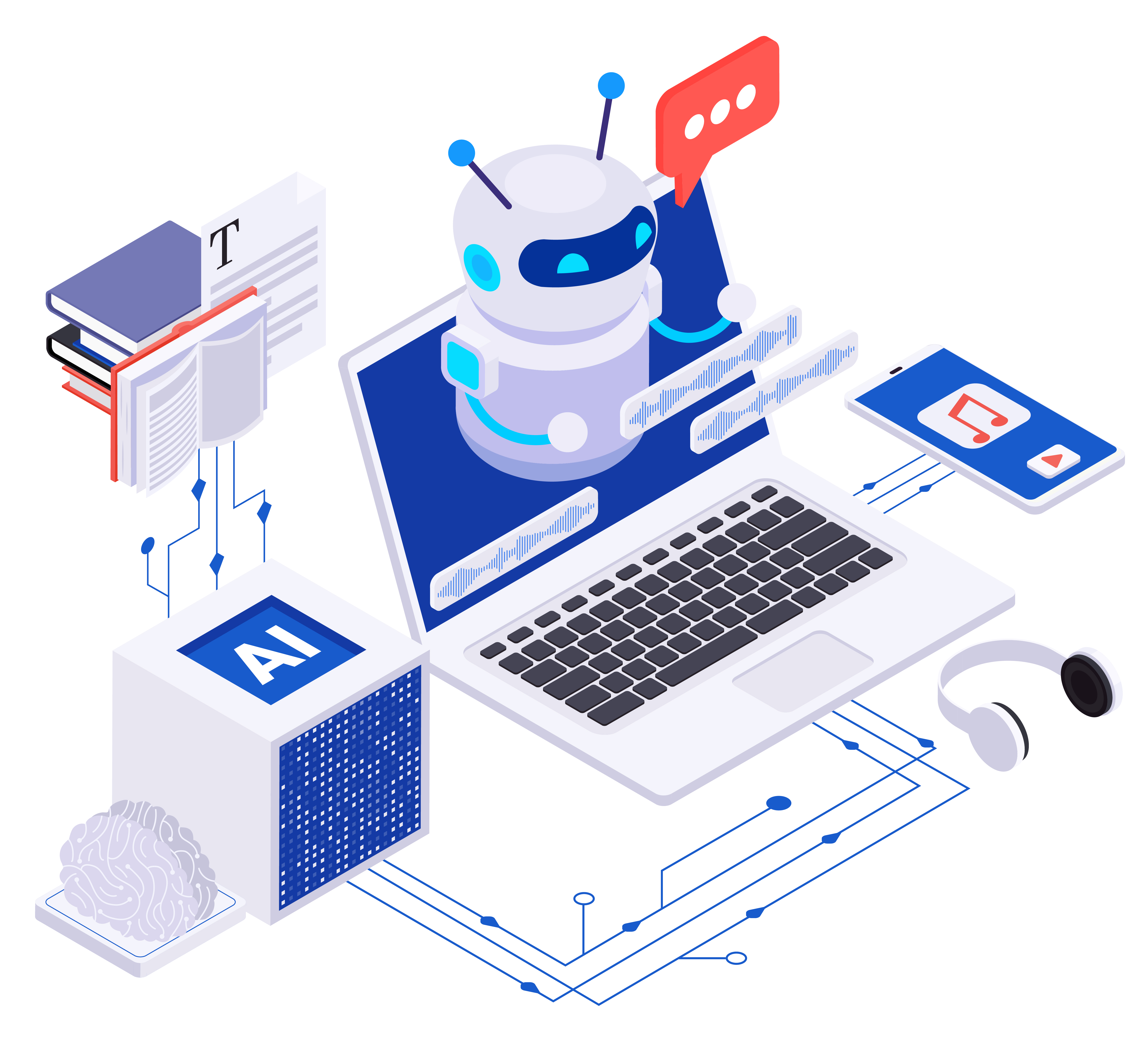As the realm of Artificial Intelligence (AI) continues to expand, its impact on various industries, including sales, becomes increasingly evident. Generative AI, in particular, is poised to revolutionize the sales landscape, prompting questions about how how will generative AI affect sales reps’ Jobs?. This article explores the transformative potential of generative AI and delves into the ways it may shape the future of sales reps’ jobs. By understanding the opportunities and challenges presented by generative AI, sales professionals can proactively adapt their skills and strategies to thrive in the evolving sales ecosystem.

Augmenting Sales Reps’ Efficiency:
Generative AI can significantly enhance sales reps’ productivity and efficiency by automating repetitive tasks and providing real-time insights.
a. Lead Generation and Qualification: Generative AI algorithms can analyze vast amounts of customer data, identifying potential leads based on predefined criteria. This technology can automate lead qualification, enabling sales reps to focus their efforts on high-priority prospects.
b. Customer Profiling: Generative AI helps sales reps gain deep insights into customer preferences, behavior, and pain points. By utilizing AI-powered analytics, sales reps can tailor their approach and provide personalized solutions, fostering stronger customer relationships.
c. Automated Communication: Chatbots and virtual assistants powered by generative AI can handle routine customer inquiries, freeing up sales reps’ time for more strategic and complex tasks. This technology ensures prompt responses and allows sales reps to focus on building meaningful connections.
Data-Driven Decision Making:
Generative AI empowers sales reps with data-driven insights, enabling them to make informed decisions and improve their sales strategies.
a. Predictive Analytics: By analyzing historical sales data, generative AI can forecast future sales trends and identify opportunities for upselling or cross-selling. Sales reps can leverage these predictions to optimize their strategies and maximize revenue generation.
b. Sales Pipeline Optimization: Generative AI algorithms can analyze the sales pipeline, identifying bottlenecks and areas for improvement. Sales reps can utilize this information to streamline their processes, prioritize leads, and allocate resources more effectively.
c. Sales Performance Analytics: Generative AI provides real-time visibility into sales performance metrics, such as conversion rates, deal sizes, and win/loss ratios. Sales reps can leverage these insights to identify areas for improvement and refine their selling techniques.
Evolving Sales Role and Skill Set:
Generative AI will require sales reps to adapt their skill sets and embrace new roles within the sales ecosystem.
a. Consultative Selling: With routine tasks automated by generative AI, sales reps can focus on consultative selling. They will need to develop expertise in understanding customer needs, offering tailored solutions, and building long-term relationships.
b. Emotional Intelligence: While generative AI can analyze data and provide insights, sales reps bring the human touch to the sales process. Emotional intelligence, including empathy, active listening, and relationship-building skills, will become even more valuable in building trust with customers.
c. Continuous Learning and Adaptability: Sales reps must stay updated with the latest AI technologies and trends to leverage generative AI effectively. Embracing a growth mindset and actively seeking opportunities for learning and development will be crucial for success.
Ethical Considerations and Customer Trust:
Sales reps using generative AI must ensure ethical and transparent usage to maintain customer trust and avoid alienation.
a. Transparent Communication: Sales reps should clearly communicate when generative AI is being utilized, ensuring customers understand the role of AI in the sales process. Transparent communication builds trust and helps customers feel more comfortable with AI-powered interactions.
b. Respect for Privacy: Sales reps must prioritize customer data privacy and security. Adhering to regulations and implementing robust data protection measures is essential to maintain trust and protect sensitive customer information
c. Ethical Use of AI: Sales reps should be aware of potential biases or ethical concerns related to generative AI algorithms. They should ensure that AI-driven recommendations and actions align with ethical guidelines and promote fairness and inclusivity.
d. Human Touch: While generative AI can automate certain tasks, sales reps should emphasize their role as trusted advisors and problem solvers. By providing personalized attention and addressing individual customer needs, sales reps can build stronger relationships and differentiate themselves from purely AI-driven interactions.
How will generative AI affect sales reps’ jobs? While it may automate certain tasks and augment sales reps’ efficiency, it also presents new opportunities and challenges. By embracing generative AI, sales reps can enhance their productivity, make data-driven decisions, and deliver personalized customer experiences. Adapting to the evolving sales landscape requires sales reps to cultivate emotional intelligence, develop consultative selling skills, and maintain a strong ethical framework. Ultimately, the successful integration of generative AI with sales processes will empower sales reps to provide exceptional value to customers, foster meaningful connections, and drive business growth in the AI-driven era.
Related Articles:
1. Economic potential of generative AI
2. Generative AI for Sales in 2023
3. What Jobs Will Generative AI Replace?




